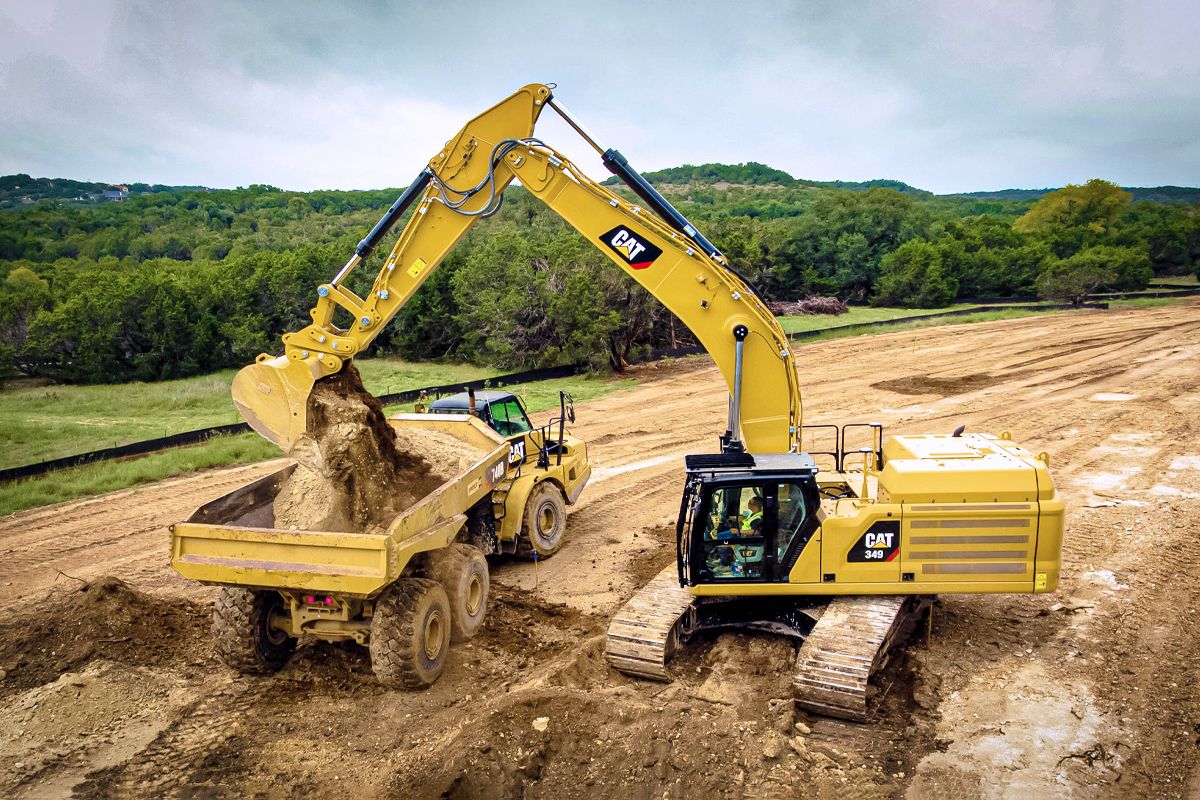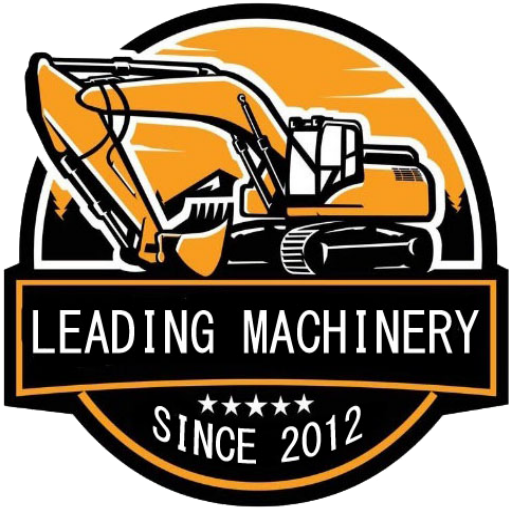
How to pick used excavator?
Purchasing a used excavator requires careful consideration to ensure you’re getting a reliable machine that suits your needs. Here’s a step-by-step guide to help you pick a used excavator:
Determine your requirements: Understand the type of work you’ll be doing with the excavator. Consider factors like size, digging depth, reach, and lifting capacity required for your projects.
Set a budget: Determine how much you’re willing to spend on a used excavator. Consider not just the initial purchase price, but also potential maintenance and repair costs.
Research reputable sellers: Look for reputable dealerships, auction sites, or private sellers with positive reviews and a track record of selling quality used equipment.
Inspect the excavator in person: If possible, inspect the excavator yourself or hire a professional inspector to assess its condition. Look for signs of wear and tear, leaks, rust, and damage. Check the hydraulic system, engine, undercarriage, tracks, and attachments.
Check maintenance records: Ask the seller for maintenance records and service history. Regular maintenance indicates that the excavator has been well cared for and is less likely to have hidden issues.
Test operation: Start the excavator and operate it to ensure all functions work properly. Test the controls, hydraulics, bucket or attachment movements, and any other features.
Check for leaks: Look for any signs of hydraulic fluid, oil, or coolant leaks. Leaks can indicate potential problems with seals, hoses, or other components.
Inspect the undercarriage: Examine the undercarriage, including tracks, sprockets, rollers, and idlers. Check for excessive wear or damage, as replacing these components can be expensive.
Consider the hours of use: Similar to a car’s mileage, the number of hours an excavator has been operated can give you an idea of its overall condition. Lower hours typically indicate less wear and tear.
Test drive (if possible): If permitted by the seller, test drive the excavator to assess its performance, maneuverability, and comfort.
Negotiate the price: Use your findings from the inspection to negotiate a fair price with the seller. Be prepared to walk away if the price doesn’t match the excavator’s condition or your budget.
Consider additional costs: Factor in additional costs such as transportation, taxes, insurance, and any necessary repairs or upgrades.
By following these steps and conducting thorough research and inspections, you can confidently pick a used excavator that meets your requirements and offers good value for your investment.
this is our suggestion on how to pick a used excavator, hope it helps you.
